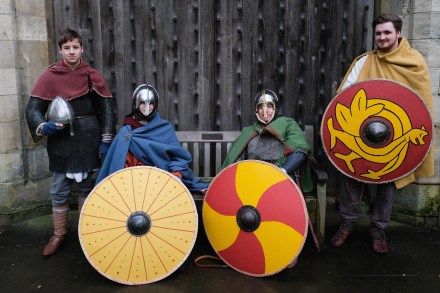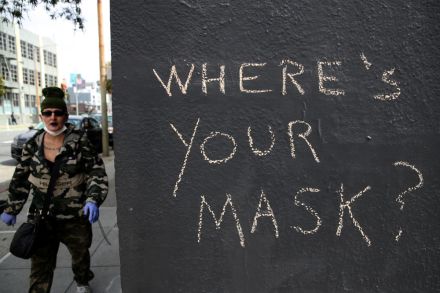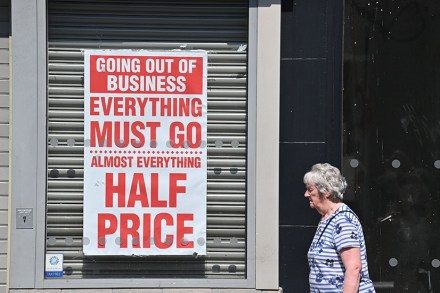Why did the Danish PM call for a 'spiritual rearmament'?
22 min listen
Earlier this year, Denmark’s Prime Minister, Mette Frederiksen, stood before a group of university students and made a striking statement: ‘We will need a form of rearmament that is just as important [as the military one]. That is the spiritual one.’ This was all the more remarkable from the leader of the Social Democrats, and in a country which is amongst the most secular in the world. Danish journalist Iben Thranholm – who joins Damian Thompson for this episode of Holy Smoke – says that in some ways the welfare state had replaced the belief in god in Denmark. So to what extent is Frederiksen’s call to action a political



















